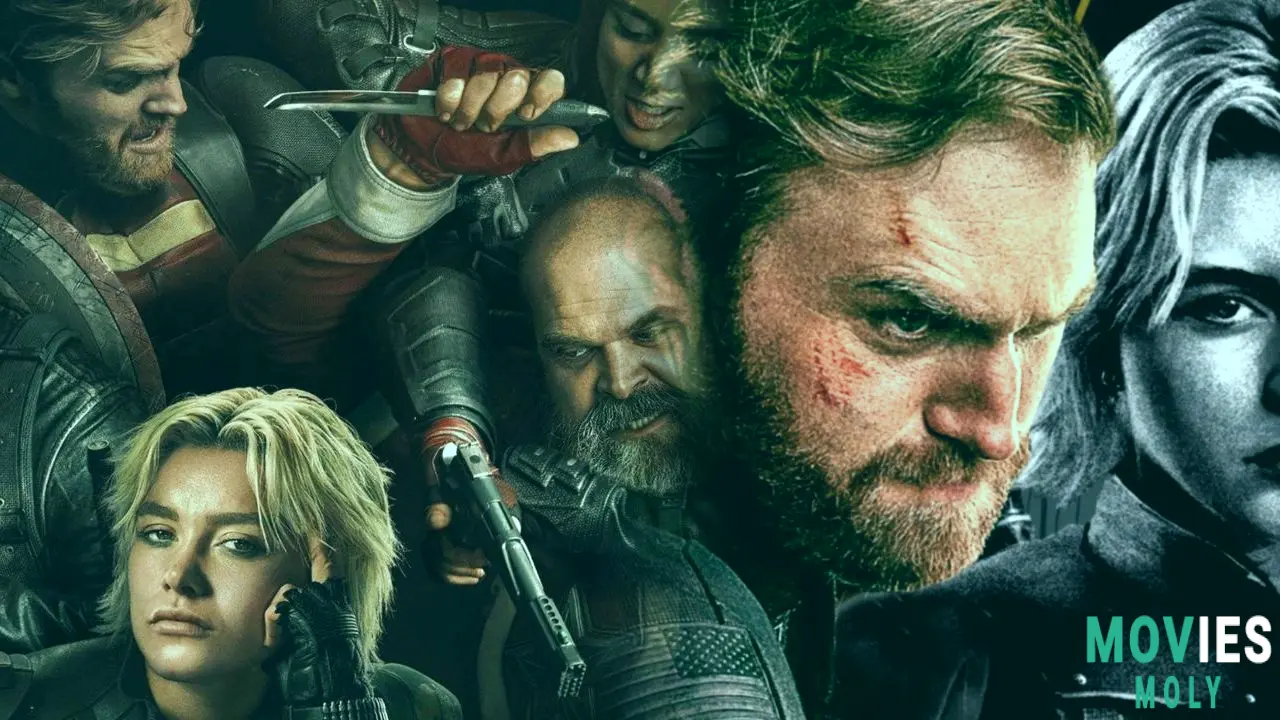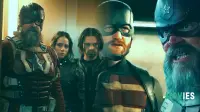Marvel Studios’ Thunderbolts* may not have featured the universe-shaking reveals of a Deadpool 3 or the emotional resonance of Logan, but it delivered its own brand of blockbuster brilliance through the gritty, moral grayness of its antihero ensemble. And no moment punctuated that tone shift more than the swift, unceremonious—but narratively crucial—death of Taskmaster.
Olga Kurylenko’s Taskmaster was shrouded in mystery throughout the marketing campaign. Her absence from late-stage trailers and promotional material sparked fan theories and speculation about her fate. Yet Marvel managed to turn this predictable setup into a storytelling win, using Taskmaster’s early demise not as a cheap shock, but as a catalyst for the entire film’s emotional and thematic momentum.
Taskmaster’s Final Scene Is a Masterclass in Subverting ExpectationsThe sequence in which Taskmaster meets her end is as tightly executed as it is symbolically loaded. Lured into Valentina Allegra de Fontaine’s (Julia Louis-Dreyfus) underground compound along with Yelena Belova, U.S. Agent, and Ghost, Taskmaster finds herself in a deadly standoff. What could have been a drawn-out conflict instead explodes in a split second when Ghost—using her phasing ability—takes a brutal opportunity and shoots Taskmaster point-blank in the head.
It’s a moment that flips fan predictions on their head. Everyone expected Taskmaster to die, but few anticipated that the filmmakers would embrace the inevitability so boldly—killing her off in the first real confrontation, and doing so in a way that wasn’t orchestrated by the main villain (the Void), but by one of the team members themselves. This wasn’t just a death; it was a statement.
Director Jake Schreier Explains Why This Death Was Essential
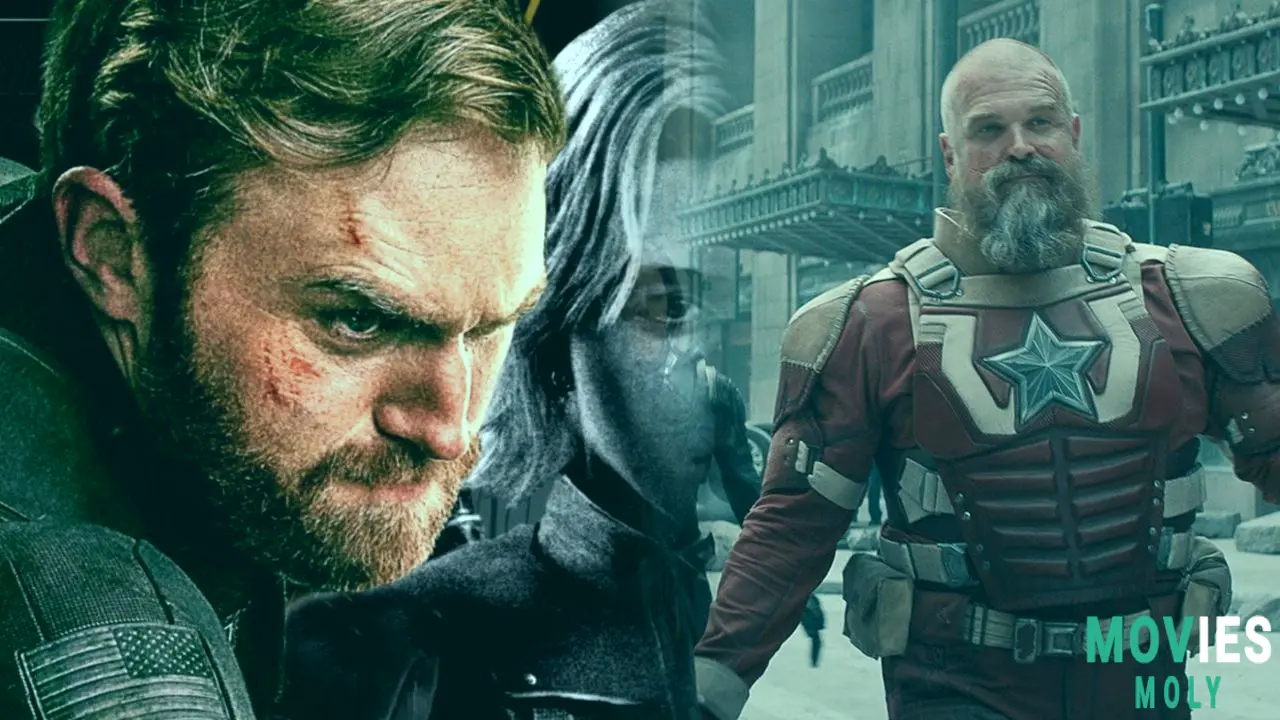
In an exclusive interview with GamesRadar+, Thunderbolts* director Jake Schreier defended the choice to kill Taskmaster so early in the film. “This needed something like that, where you’re like, ‘Okay, if they’ll do that, they could do anything,’” Schreier said. “It needed a bit of shock or surprise.”
Schreier’s rationale hits the mark. By taking out Taskmaster in such a sudden and unceremonious way, Thunderbolts* frees itself from predictable genre shackles. It lets the audience know that this team—this film—is willing to take risks. It establishes a tone of real danger and unpredictability, something that has often been missing from the more sanitized corners of the MCU.
Taskmaster’s Death Unlocks a Powerful Emotional Arc for Ghost
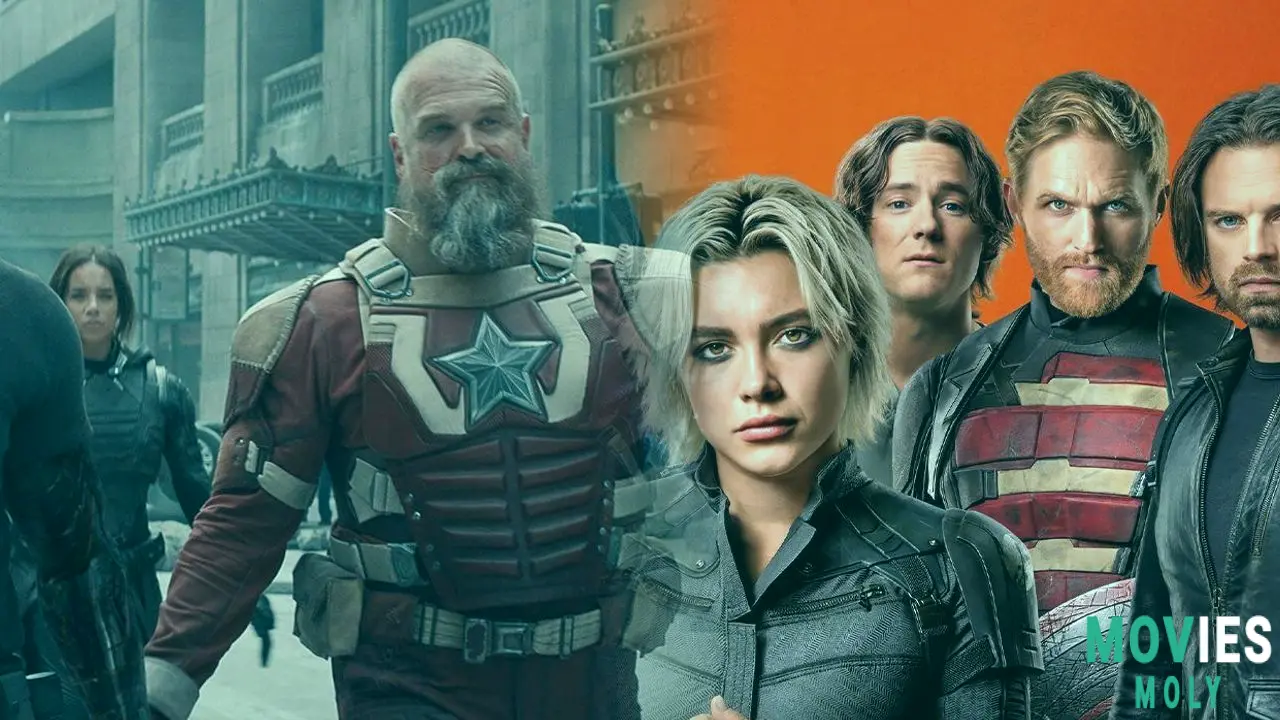
Ironically, Taskmaster’s death isn’t just about raising the stakes—it also gives one of the film’s more under-the-radar characters a crucial emotional throughline. Ghost, who long operated in the shadows and moral ambiguity, is forced to reckon with the gravity of her actions. As the film progresses, her guilt over killing Taskmaster—especially once she uncovers the truth about Valentina’s manipulative scheme—propels her onto a path of redemption.
While Yelena and John Walker had already been charted toward heroic redemption in previous MCU installments, Ghost needed a narrative nudge. Taskmaster’s death provides that push. It turns her from a pawn in Valentina’s game into a player determined to stop the Contessa. In this way, Taskmaster’s final moment becomes the unwitting spark for one of Thunderbolts*’ most compelling character transformations.
Antonia Dreykov’s Brief But Explosive Performance Leaves a Lasting Mark
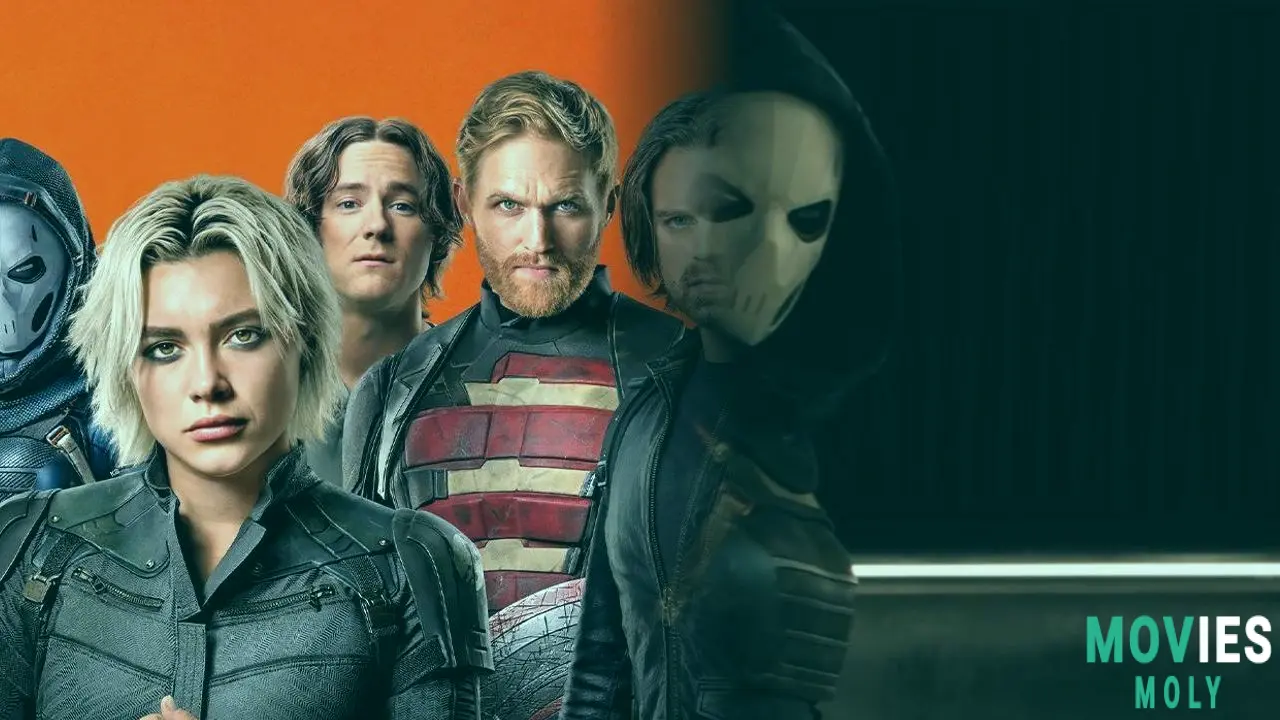
Though her screen time is limited, Kurylenko’s Taskmaster manages to steal a few scenes with a combat prowess that briefly outshines even her anti-heroic teammates. Unmasked for a fleeting moment, she pulls off a sequence of moves so precise and powerful that they serve as a grim reminder of what the team has lost—both in terms of muscle and morality—once she’s gone.
Her death may be quick, but it’s never cheap. It punctuates the film’s exploration of trust, betrayal, and survival. Taskmaster isn’t given a heroic send-off because that’s not her story—or this film’s story. Instead, her demise underscores the harsh reality of being a disposable asset in Valentina’s larger plan. And that stark realism is what makes Thunderbolts* stand out in the MCU’s Phase 5 lineup.
Taskmaster’s Death Sets the Stage for the New Avengers’ Darker Future
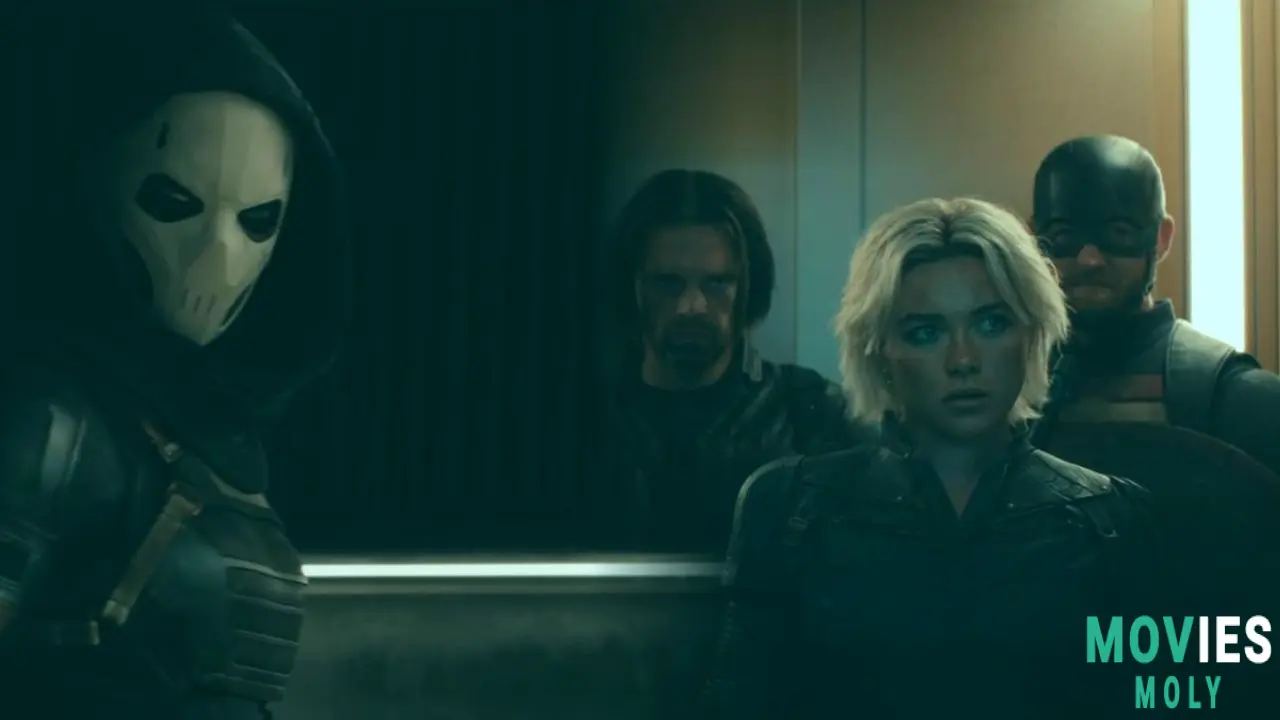
Valentina may brand the Thunderbolts as the new Avengers, but she never intends to let them live long enough to become a real team. Taskmaster’s elimination is part of her chilling gambit to control—or eliminate—anyone who might stand in her way. That the team turns against her plan and ultimately captures Valentia is the real win, but it only comes after she uses them as cannon fodder.
In a way, Taskmaster’s death is the first move in a deadly chess game—one that ultimately rebrands these antiheroes as Earth’s next line of defense. It’s a transformation born not from glory, but from survival. And it’s a transformation that makes the MCU’s new Thunderbolts*—or New Avengers, if you prefer—some of the most interesting players in the game going forward.
Final Thoughts: Taskmaster’s Death Proves That Sometimes Less Is More
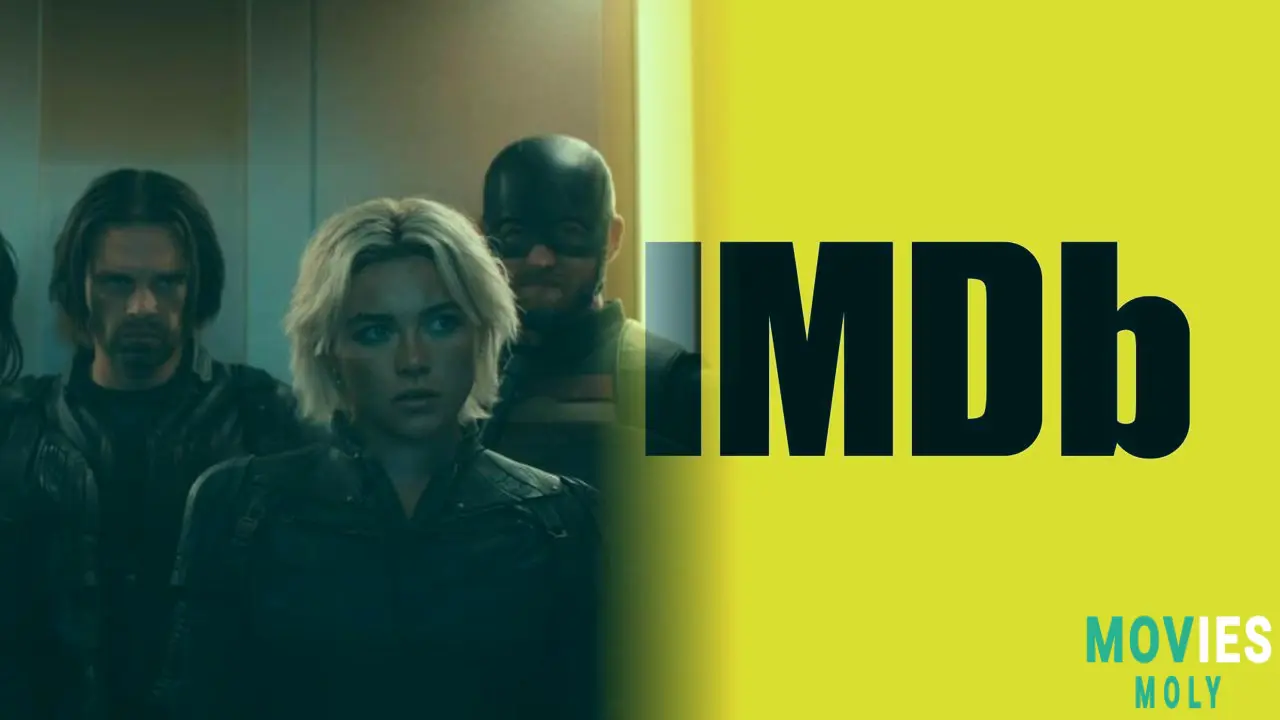
Taskmaster’s journey in the MCU may have ended abruptly, but it ended with purpose. Marvel didn’t need to stretch her presence across the film to make her impact felt. Instead, they used her death to flip the script, raise the stakes, and deepen the emotional resonance of the team dynamics. It’s a move that echoes the kind of bold storytelling once found in Logan and Deadpool, now planted firmly in the heart of the MCU’s Multiversal Saga.
Marvel fans may mourn the loss of Taskmaster, but there’s no denying that her final moment in Thunderbolts* is one of the most thematically potent—and cinematically satisfying—moments the franchise has delivered in years. Sometimes, the most powerful legacy is the one left in a single, unforgettable scene.

